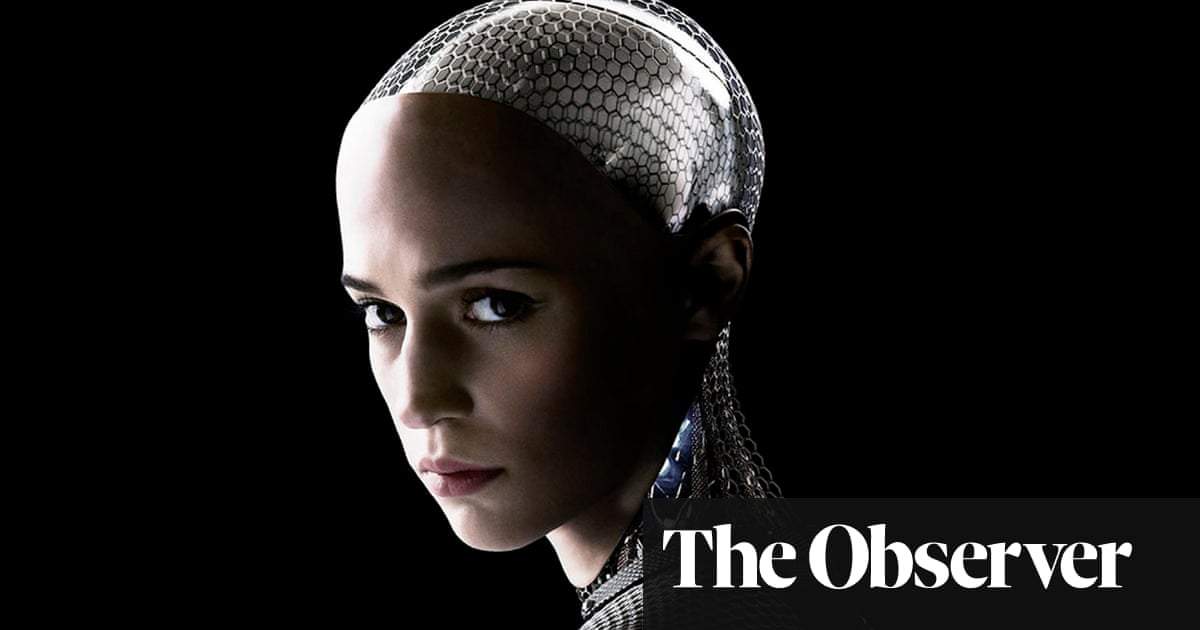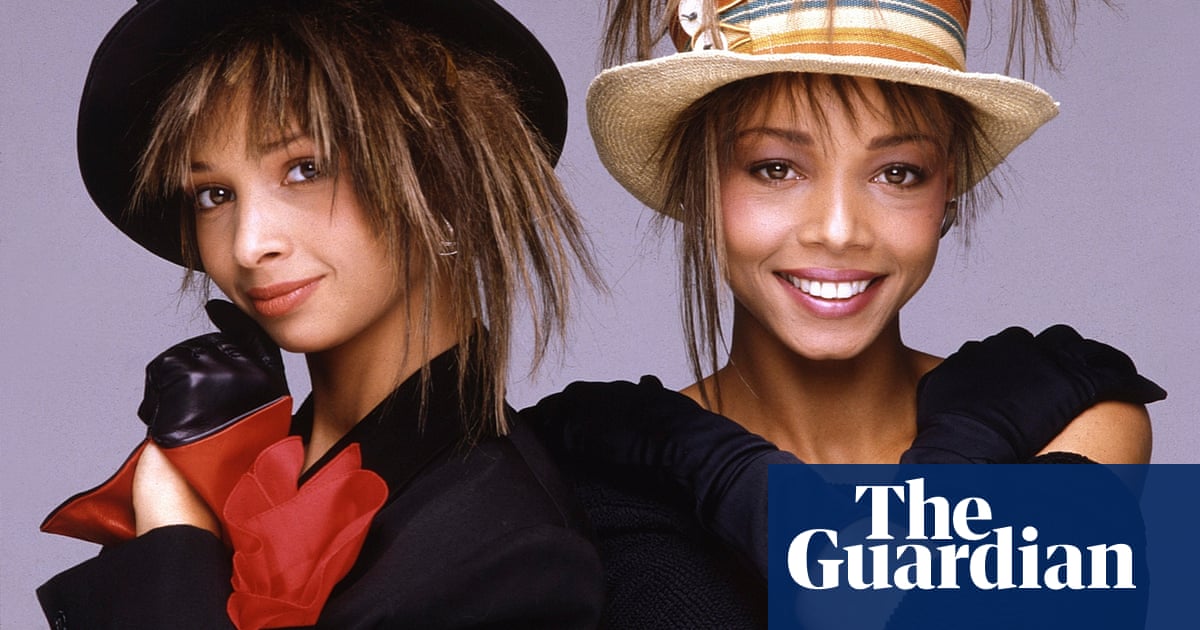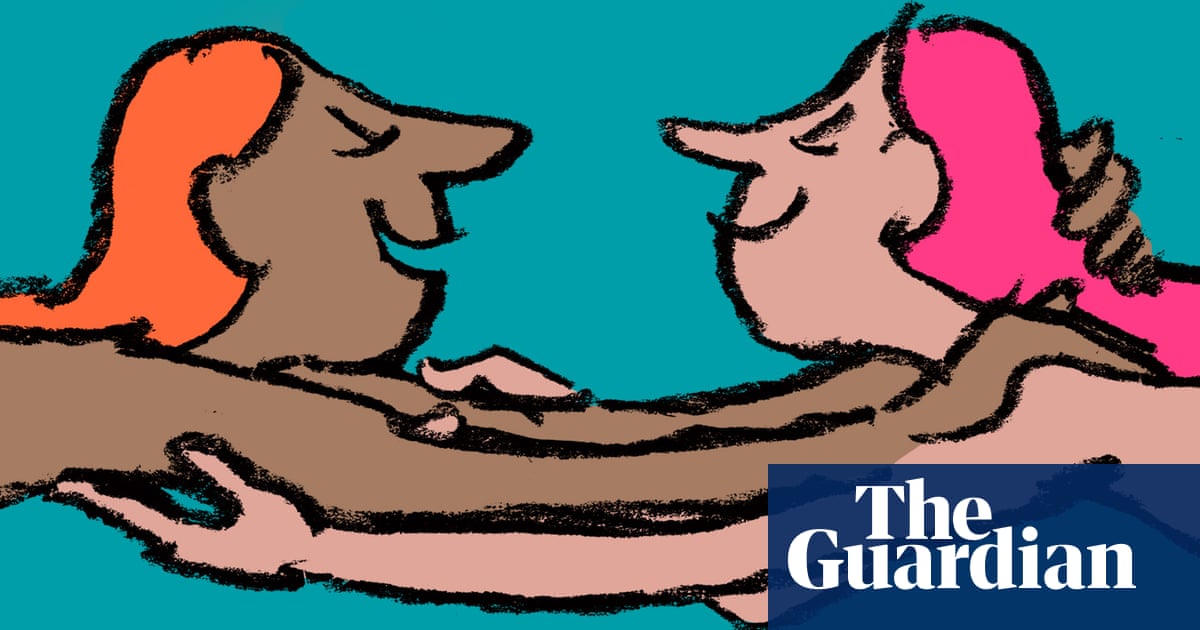
Jane Hewland, series creator
I was a single mother and had just launched my own production company in the midst of a recession. My son Harry was 10 and for Christmas in 1990, he asked for a Nintendo. It came with Duck Hunt, a game where you shot at ducks on the screen with a little plastic pistol. The first time I watched him playing, it struck me that I was getting excited. That was when I had the idea for a TV show of people competing at video games.
Commissioning editors didn’t understand – clearly none of them had young kids. Then Harry had a sleepover for his birthday and all these little boys came round. I interviewed them about what video games meant to them and I cut a video of that. Channel 4 looked at it and said: “OK, now we get it.” Even then, they wouldn’t give us a proper budget. They gave us £10,000 per programme for 10 programmes. How we made it for that little, I still don’t know.
I asked Charlie Parsons [creator of The Big Breakfast and The Word] if he’d seen any presenters who might be right and we auditioned a few. I took a load of audition tapes home and sat Harry down – he became the litmus test for everything. He fell about laughing at Dominik Diamond, who made some joke about waggling his joystick. Harry loved him. And that was that.
It was the irreverent sense of humour that gave GamesMaster credibility with its audience: adolescent boys. For the kids to like us, we had to be badly thought of by authority figures. Also, we had to be slightly weird, like a secret world they could join in. The show itself was designed like a video game. Every year, we had a new level, a new set, a new style.
We caught the boom in 16-bit consoles when we launched. We were given the slot Jonathan Ross’s chat show had had on Tuesday evenings at 6.30pm – and we trebled the ratings. I remember coming home one night and looking into all the windows in the street as I passed. In every one of them, I saw a lone boy watching GamesMaster.
Harry got some nice consoles out of it. He also got his university fees paid.
Dominik Diamond, presenter
I was in the pits of despair in 1991. I’d left university with a drama degree wanting to be a standup comedian. Instead, I was temping in Milton Keynes. I’d just auditioned for The Word but didn’t get it – I wasn’t cool enough. Then I got this call: do you want to audition for a show about video games? It sounded like exactly the kind of thing a little Scottish dweeb with round glasses could do. At the audition, I made an impromptu gag about waggling joysticks. They laughed. It was the joystick knob gag that launched a thousand joystick knob gags.
I don’t think there’s been another production team that squeezed as much fun out of every frame of television as we did. Once we became a success, Channel 4 were great and just let us get on with it. I think they were too busy counting all the money. Mortal Kombat is probably the game that featured most. It was perfect because, like GamesMaster, it didn’t try to hide its naughtiness. Horrifically graphically violent, yes, but also really slapstick funny.
I took the piss out of the kids about their hair, their clothes, if they had a girlfriend, if they didn’t. I think that was part of the show’s appeal – it was like the way their mates talked to them. And then there was all the innuendo. Some of the stuff I got away with was unbelievable.
Among the celebrity guests, I always loved the comedians. Vic Reeves was like being in the presence of a comic god. Vinnie Jones was always a challenge, but he became our go-to footballer because he lived just round the corner. When Take That were on, you could tell they were just going through the motions, except for Robbie Williams – he was a genuine fan, and he really wanted to win. He’s written a wonderful foreword for a 30th anniversary GamesMaster book I’m working on. He says the only award he keeps in his house is his GamesMaster Golden Joystick.
It’s interesting how many British TV shows today are challenge-based. GamesMaster was The Great British Bake Off but with Sonic the Hedgehog instead of fondant. Top Gear definitely copied the challenge concept when they had their reboot.
But GamesMaster wasn’t really a show about video games. It was about a bunch of mates having a laugh while playing video games, and that’s why it succeeded. I just wish the whole thing had happened a decade later, in the internet age. When I look at these morons on YouTube, these humour-free monstrosities and all the money they get, I think: “We’d all be billionaires.”
GamesMaster: The Oral History will be published by Read-Only Memory in November; a crowdfunding campaign for the book is on Kickstarter.












